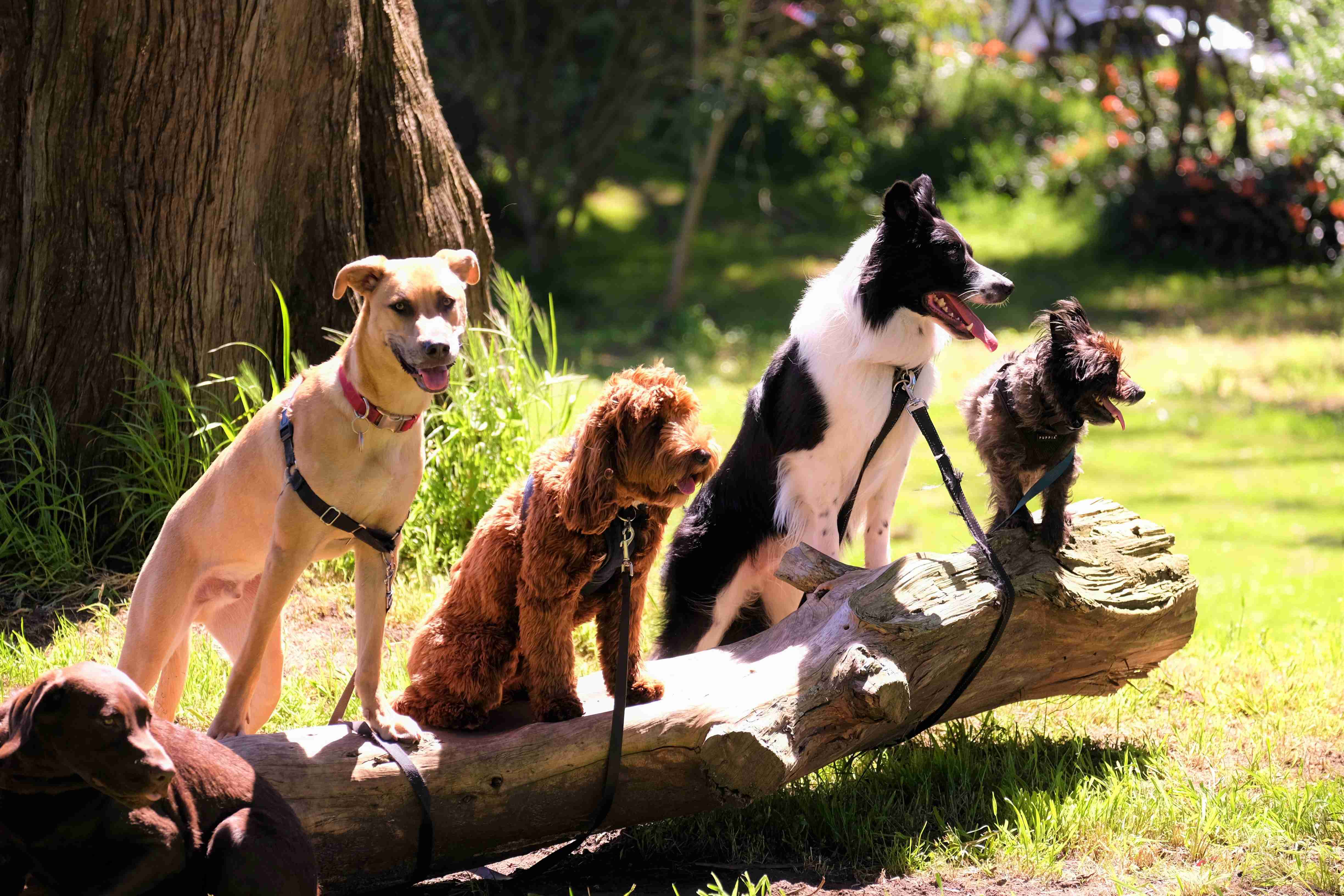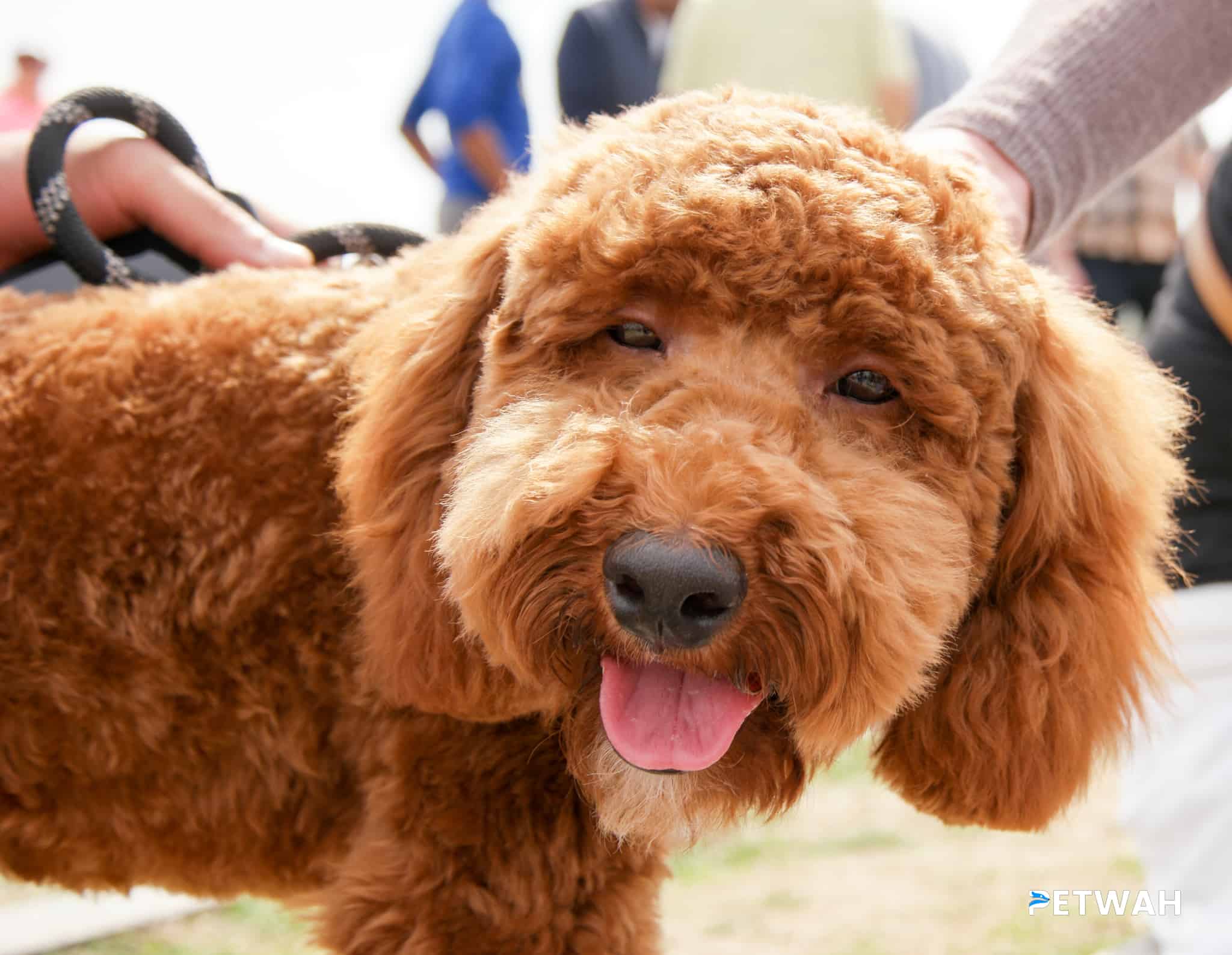German Shepherds are one of the most popular dog breeds in the world. They are known for their loyalty, intelligence, and protective nature. However, just like any other breed, they are prone to certain health issues, including allergies. Allergies can be a frustrating and uncomfortable experience for both dogs and their owners. In this post, we will discuss the common allergies that German Shepherds are prone to and what you can do to help your furry friend live a happy and healthy life. Whether you are a seasoned German Shepherd owner or considering adding one to your family, this guide is for you. So, let’s dive in and learn about the allergies that can affect your furry companion.
Unveiling the Allergies that German Shepherds are Prone to: A Guide for Dog Owners
German Shepherds are one of the most popular and beloved dog breeds in the world. They are known for their intelligence, loyalty, and courage. However, like every other breed, German Shepherds are prone to certain health issues, one of which is allergies. In this post, we will discuss the allergies that German Shepherds are prone to, how to recognize them, and what to do to manage them.
1. Environmental Allergies
Environmental allergies are one of the most common types of allergies in dogs, including German Shepherds. These allergies occur when your dog’s immune system overreacts to environmental triggers such as pollen, dust mites, and mold spores.
Symptoms: Environmental allergies in German Shepherds can cause various symptoms, including:
– Itchy skin
– Red, inflamed skin
– Hair loss
– Hot spots
– Excessive scratching or licking
– Sneezing
– Runny nose
– Watery eyes
– Ear infections
Treatment: Environmental allergies can be challenging to treat, but there are several options available:
– Antihistamines: Antihistamines are a common treatment for environmental allergies in dogs. They work by blocking the histamines that cause itching and inflammation. However, antihistamines may not be effective in all cases.
– Steroids: Steroids are another option for treating environmental allergies. They work by decreasing inflammation in the body. However, steroids can have side effects, so they should only be used under the supervision of a veterinarian.
– Immunotherapy: Immunotherapy, also known as allergy shots, can be used to treat severe environmental allergies. This treatment involves injecting your dog with small amounts of the allergen over time, which can help desensitize your dog’s immune system.
Prevention: Preventing environmental allergies in German Shepherds can be challenging, but there are some things you can do:
– Keep your home clean: Regularly clean your home to reduce the amount of dust and allergens.
– Limit outdoor exposure: Try to limit your dog’s exposure to outdoor allergens by keeping them indoors during peak allergy seasons.
– Use air filters: Consider using air filters in your home to reduce the amount of pollen and other allergens in the air.
2. Food Allergies
Food allergies are another common allergy in German Shepherds. They occur when your dog’s immune system overreacts to certain proteins in their food.
Symptoms: Food allergies in German Shepherds can cause various symptoms, including:
 - Copy.jpg)
– Itchy skin
– Digestive issues (diarrhea, vomiting, etc.)
– Ear infections
– Chronic gas
– Behavioral changes (irritability, lethargy, etc.)
Treatment: The only treatment for food allergies is to identify and eliminate the allergen from your dog’s diet. This involves a process of elimination, where you gradually remove certain foods from your dog’s diet until you identify the allergen.
Prevention: Preventing food allergies in German Shepherds can be challenging, but there are some things you can do:
– Feed your dog high-quality food: Choose high-quality dog food that is free from fillers and artificial ingredients.
– Avoid common allergens: Common allergens in dog food include beef, chicken, dairy, and wheat. Consider avoiding these ingredients when choosing your dog’s food.
– Introduce new foods slowly: When introducing new foods to your dog’s diet, do so slowly and in small amounts.
3. Flea Allergies
Flea allergies are another type of allergy that German Shepherds can develop. Flea allergies occur when your dog’s immune system overreacts to the saliva of fleas.
Symptoms: Flea allergies in German Shepherds can cause various symptoms, including:
– Itchy skin
– Red, inflamed skin
– Hair loss
– Hot spots
– Excessive scratching or licking
Treatment: The only treatment for flea allergies is to eliminate the fleas from your dog’s environment. This involves treating your dog with flea preventatives and treating your home and yard to eliminate fleas.
Prevention: Preventing flea allergies in German Shepherds involves regular flea prevention. Here are some tips:
– Use flea preventatives: Use flea preventatives such as flea collars, topical treatments, or oral medications.
– Regularly groom your dog: Regular grooming can help you detect fleas early and prevent infestations.
– Treat your home and yard: Regularly treat your home and yard to eliminate fleas.
Conclusion
Allergies can be a challenging issue for German Shepherd owners, but with the right knowledge and treatment, you can manage your dog’s allergies effectively. If you suspect that your German Shepherd has an allergy, it is important to consult with your veterinarian. They can help you identify the allergen and develop a treatment plan for your dog. With proper care, your German Shepherd can live a happy and healthy life, even with allergies.
As a responsible pet owner, it’s important to be aware of the common allergies that your German Shepherd may be susceptible to. By understanding the symptoms and taking preventative measures, you can help keep your furry friend healthy and happy. With this guide, we hope we provided you with valuable insights into the allergies that German Shepherds are prone to and how you can manage them effectively. Remember, regular check-ups with your veterinarian and a proper diet can go a long way in preventing and managing allergies in your German Shepherd. So, take care of your furry friend, and they will always be your loyal companion!


%20-%20Copy.jpg)
.jpg)
%20-%20Copy.jpg)


.jpg)
.png)